'It's a closet, not a show pony' – how embracing the Japanese value of Wabi-sabi finally cured my organizing anxiety
'Perfection should not be a value, but simplicity can be'
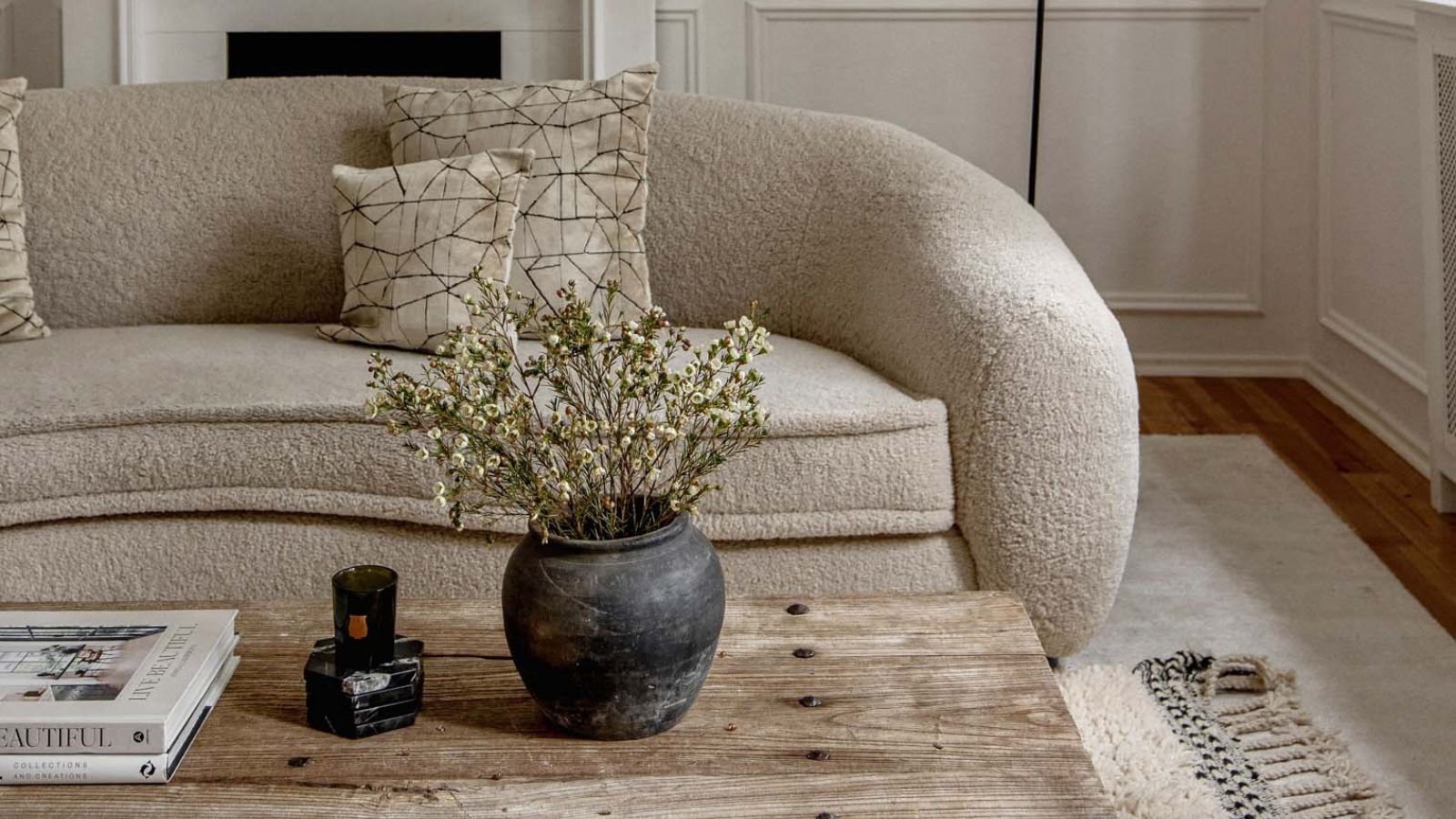

We live in a time of comparison. With social media, I find it hard not to compare almost every aspect of my life to someone else's – and this is especially true when it comes to my home.
For a long time, I felt like my home was a mess if there was even a single sign of life left on the counter or coffee table. No matter how much time and money I poured into organizing, it never felt enough.
That’s when I started reading about Wabi-sabi – the Japanese concept that values imperfection and simplicity – and my perspective on home organizing ideas finally shifted. I would even go so far as to say it has cured my organizing anxiety for good. Here’s how.
How Wabi-sabi cured my organizing anxiety
So, what is the Wabi-sabi trend? It is not strictly a Japanese organizing technique, rather it is a principle that underpins many aspects of Japanese culture.
As author and simple living advocate Jo Peters writes in her book The Art of Japanese Living, 'In broad terms, Wabi-sabi is an aesthetic principle, a way of seeing and understanding beauty in the world that embraces imperfection and transience. Perhaps one way to explain it is in contrast: whereas Western beauty ideals emphasize perfection and longevity, Wabi-sabi favors incompleteness and impermanence.'
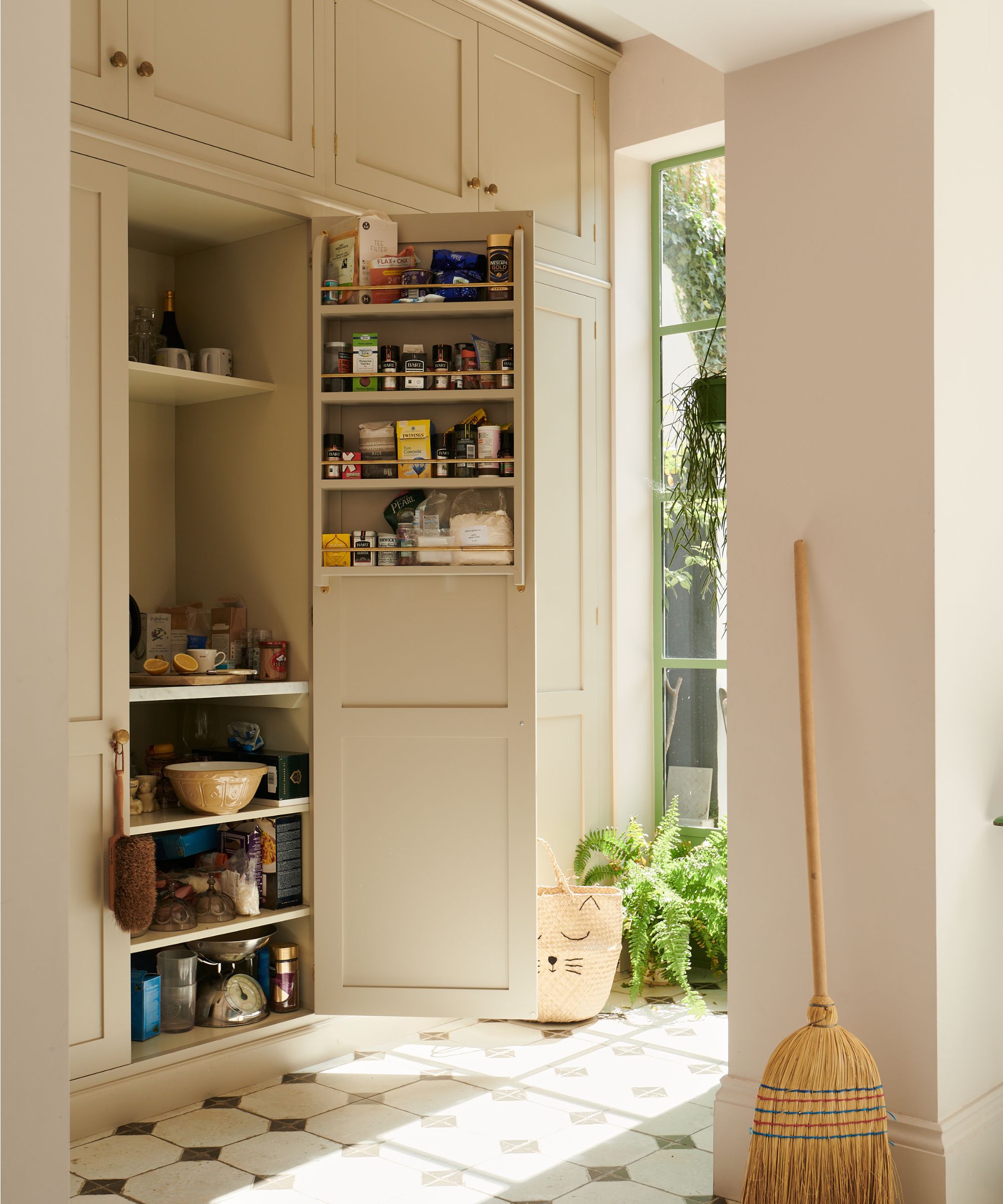
This pantry by deVOL proves you don't need matching plastic organizers to have a functional and beautiful pantry.
I certainly fell victim to that Western idea of perfection, and it was taking a toll on my mental health.
I knew it was bad when just the thought of how messy and mismatched my kitchen storage ideas were made me feel fidgety during what should have been a relaxing movie night. Or, when scrolling through Instagram made me feel like I had to decant all my food into jars to make everything look uniform, even though, in reality, it was far from practical and just a way of over-organizing my home. It took up so much time, cost me a lot of money, and still didn't make me feel better.
Two years later I am glad to report I have de-influenced the pantry restock in favor of a more relaxed approach, in large part thanks to wabi-sabi.
All prices correct at time of publication.
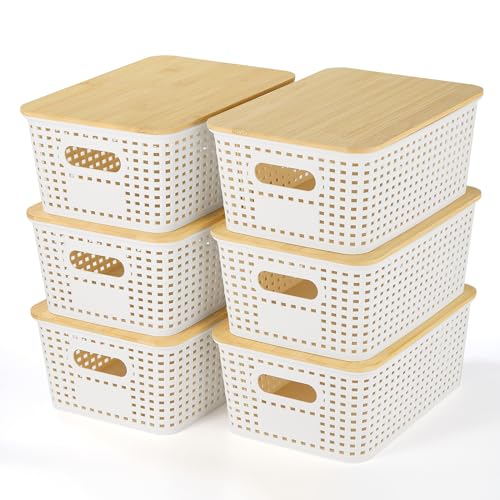
Kitchen storage is simple for me now. I use baskets to keep loose packets and smaller jars together so I can quickly life them out of my cabinets altogether when cooking for quick clean up.
 Pack of seven
Pack of seven
No more decanting food into glass jars for me. I use plastic food clips to seal off the original packets and keep food fresh without the hassle of emptying everything out after every grocery shop. It saves me so much tie.
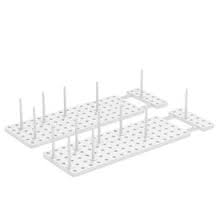
I still use some traditional organizers to keep my kitchen neat. This drawer organizer works perfectly as a pan organizer in my kitchen cabinets to prevent pans scratching one another in storage.
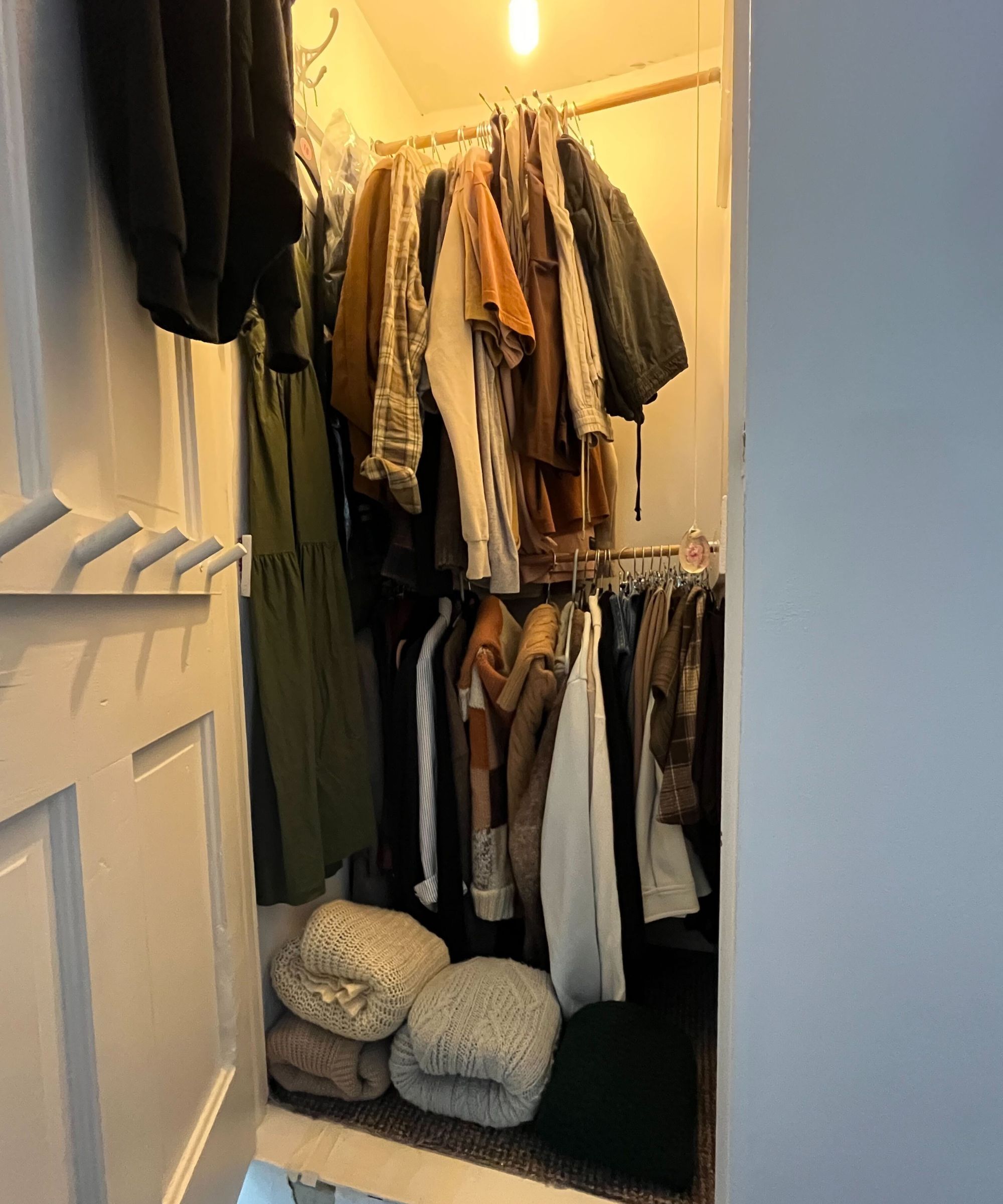
My closet is small and far from 'aesthetic' but it is functional, makes my life easy, and will not be my closet forever, so why stress about it now?
Learning about Wabi-sabi really helped to shift this mindset.
For example, rather than looking at my small bedroom closet packed full of clothes and feeling like a failure because it didn't look like the perfectly curated, custom bedroom storage ideas I saw online, I recognized that it has served me well for the last three years and it was easy for me to manage. The only frustrations I had with it were not a matter of organizing clothes, but the way it looked. Which is not only superficial but counterintuitive.
My closet is imperfect because I use it every day and get value from my clothing, it is simple which makes it easy to maintain, it is impermanent, so I will not live with it forever (so why waste time worrying?), and, above all, it is authentic – it is well used and well-loved, and it shows tangible signs of a busy, fulfilling life of getting ready to go out on trips and adventures.
It's a closet, not a show pony. My guests don't go digging through it and ridicule me for it, so why should I do that to myself?
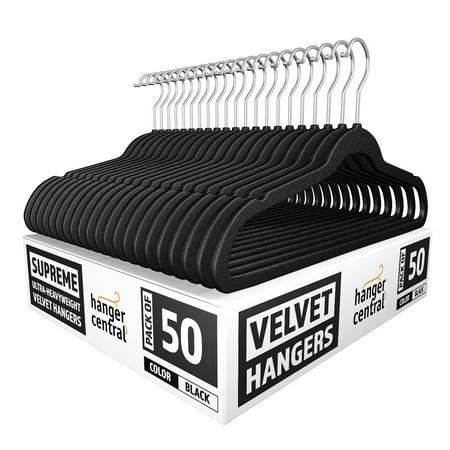
I only use three things to keep my clothes under control now, the first being slimline hangers, designed to save space on my rail without clothes slipping off.
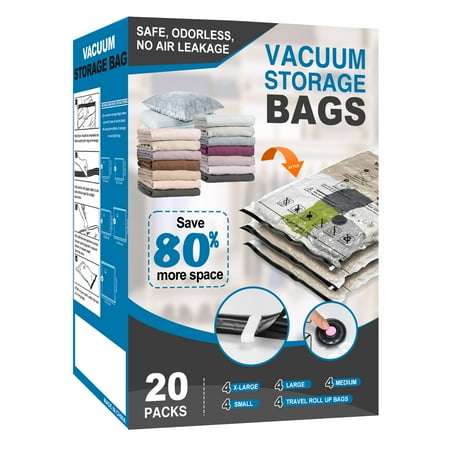
My second closet organizing essential is vacuum bags, helping to store winter clothes properly when summer rolls around to avoid bulky sweaters taking up all my seasonal storage.

My final essential is under-bed storage, perfect for keeping overflow items such as my gym wear and seasonal essentials tucked out of the way. but easy to access.
The idea that everything has to be perfectly lined up, color-coded, and neat is an organizing mistake many of us make that leads to frustration and self-doubt. Don't get me wrong, "perfection" certainly looks pleasing. It is satisfying to see properly faced pantries and breezy bathroom storage ideas, but in reality, these spaces are used and they get messy.
As Liora Seltzer, professional home organizer and certified Kon-Mari consultant at What U Keep reminds us, 'It can be so frustrating for some people to see others on Instagram live their best lives and organize homes. It gives the illusion that you are doing something wrong and they are doing something right. The truth is that everything we see on social media is edited. As long as people live in your home, it will not be perfectly organized and it will not be perfectly neat.
'Embracing your space and your life will allow you to be more realistic about what it should look like. Perfection should not be a value, but simplicity can be. Wabi-sabi encourages you to be okay with imperfection while striving to have a space that is functional, and more simple.'
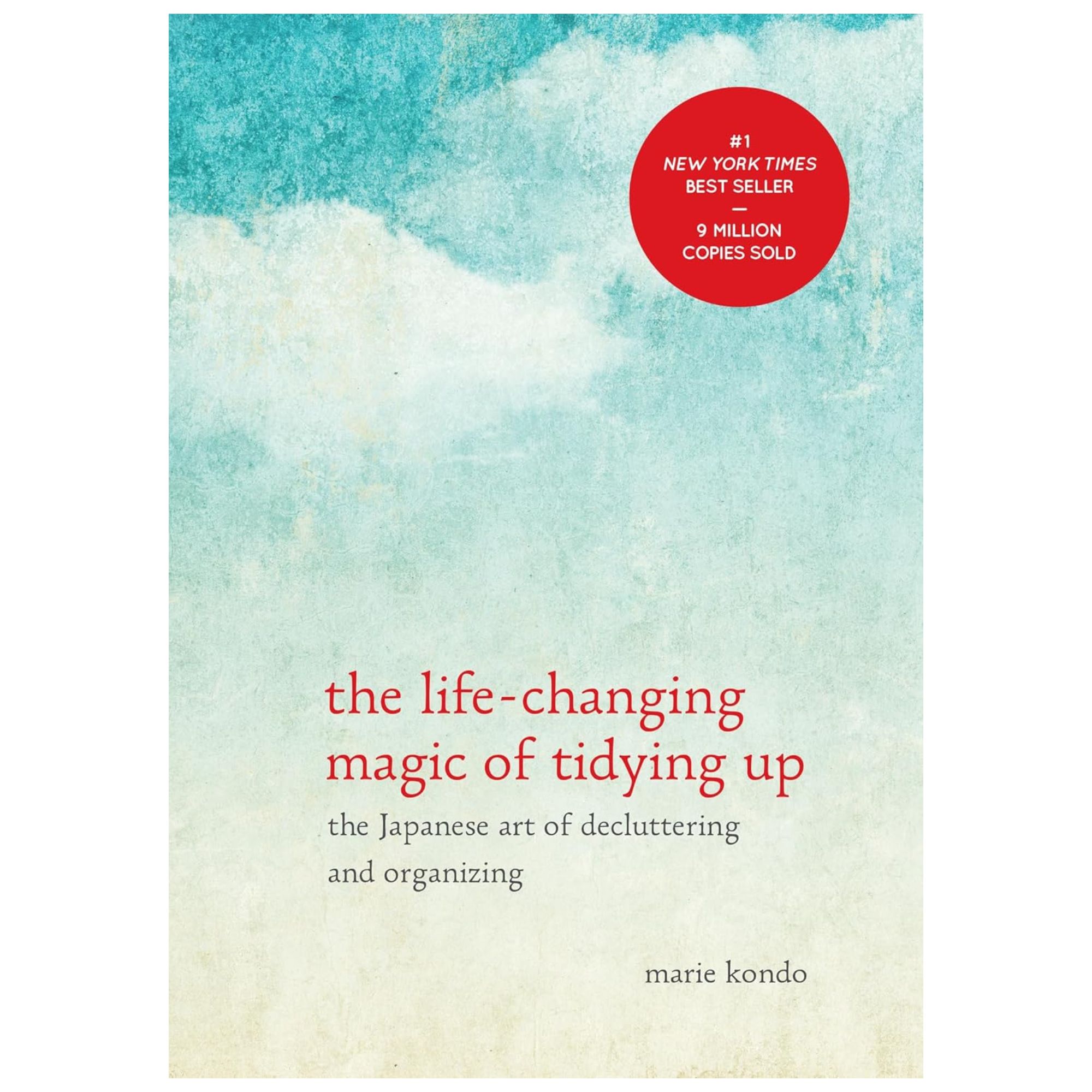
In this bestseller, Kondo reminds us to look for the positives in tidying and organizing, writing, 'I had been so focused on what to discard, on attacking the unwanted obstacles around me, that I had forgotten to cherish the things that I loved, the things I wanted to keep.’
This book fundamentally changed how Solved news writer Ottilie Blackhall saw organizing, and it could do the same for you.

Previously a school teacher, Liora became a home organizer in 2020 with the goal of helping others fid peace and joy at home in uncertain times.
She became a certified KonMari™ Consultant to better educate her clients on how to create systems that work for them and be proud of their results. Since then, Liora has also become a parent mentor, helping to coach parents of children with ADHD to find better routines and systems to make every day life less stressful.
It is safe to say that I have finally shed some of the guilt around organizing trends, and ditched housekeeping perfection for 'good enough'.
Organizing a home with health and wellbeing in mind is the way forward in my books, and if that means that I don't have a Pinterest-perfect cabinet, so be it.
FAQs
What are the three principals of Wabi-sabi?
Wabi-sabi is rooted in three core Buddhist principles, also known as the Three Marks of Existence: impermanence, suffering, and emptiness. These principles serve as a reminder that nothing lasts, nothing is ever finished, and nothing is ever perfect.
It might sound a little gloomy, but they encourage people to find beauty in things by stripping away the ideals of perfectionism, embracing the present, and finding value in things others may disregard. This mindset often leads to a more fulfilling outlook on life.
How can I practise Wabi-sabi?
One of the best ways to practice Wabi-sabi is to remember that all things in life, including you, are in a state of flux. Nothing is ever final or perfect, and everything is capable of change. This perspective will help you find more freedom and encourage a more forgiving and appreciative mindset, whether you’re viewing your home or other people.
Embracing the 'imperfections' in your home doesn't always mean you can give up the decluttering tips and forego tidying up altogether. Your home still needs to be functional and clean.
Consider trying out some of the small things organized people do every day, such as the two-minute decluttering rule or a closing shift routine, to stay on top of common tasks and avoid stress.
Sign up to the Homes & Gardens newsletter
Design expertise in your inbox – from inspiring decorating ideas and beautiful celebrity homes to practical gardening advice and shopping round-ups.

Chiana has been at Homes & Gardens for two years and is our resident 'queen' of non-toxic living. She spends most of her time producing content for the Solved section of the website, helping readers get the most out of their homes through clever decluttering, cleaning, and tidying tips. She was named one of Fixr's top home improvement journalists in 2024.
You must confirm your public display name before commenting
Please logout and then login again, you will then be prompted to enter your display name.
-
 Martha Stewart's 'ideal kitchen' is a hub of smart storage and strategic decorations – it's surprisingly easy to recreate in the smallest of spaces
Martha Stewart's 'ideal kitchen' is a hub of smart storage and strategic decorations – it's surprisingly easy to recreate in the smallest of spacesMartha's TV set kitchen features a butler sink with hidden storage, boundless drawers, and decorative shelves for easy access
By Hannah Ziegler
-
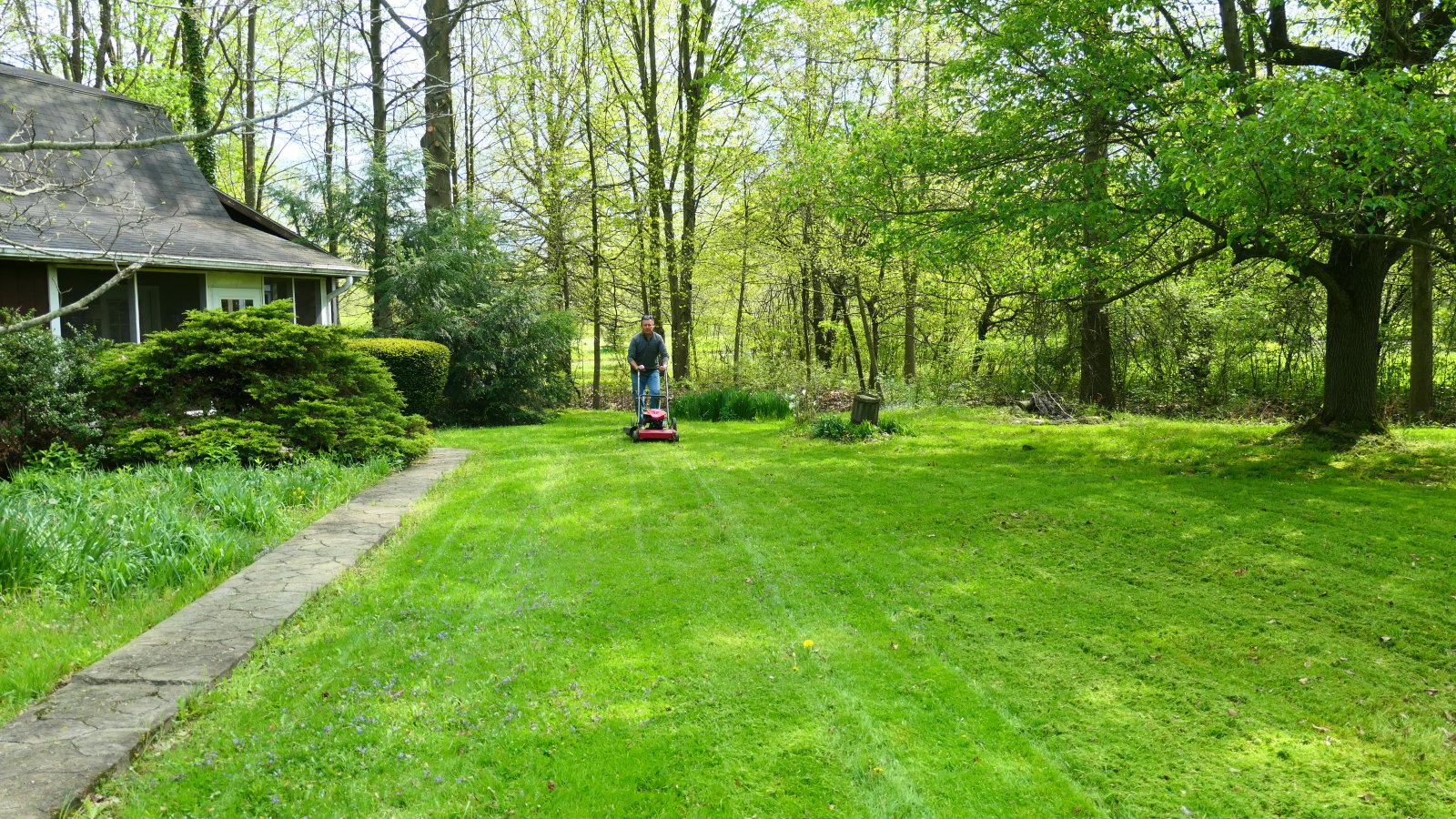 Lawn experts recommend these 4 steps to fix an overgrown lawn, plus they reveal one golden rule never to break
Lawn experts recommend these 4 steps to fix an overgrown lawn, plus they reveal one golden rule never to breakTransform your grass from an untidy mess to a beautiful lawn - but don’t rush the process
By Drew Swainston
-
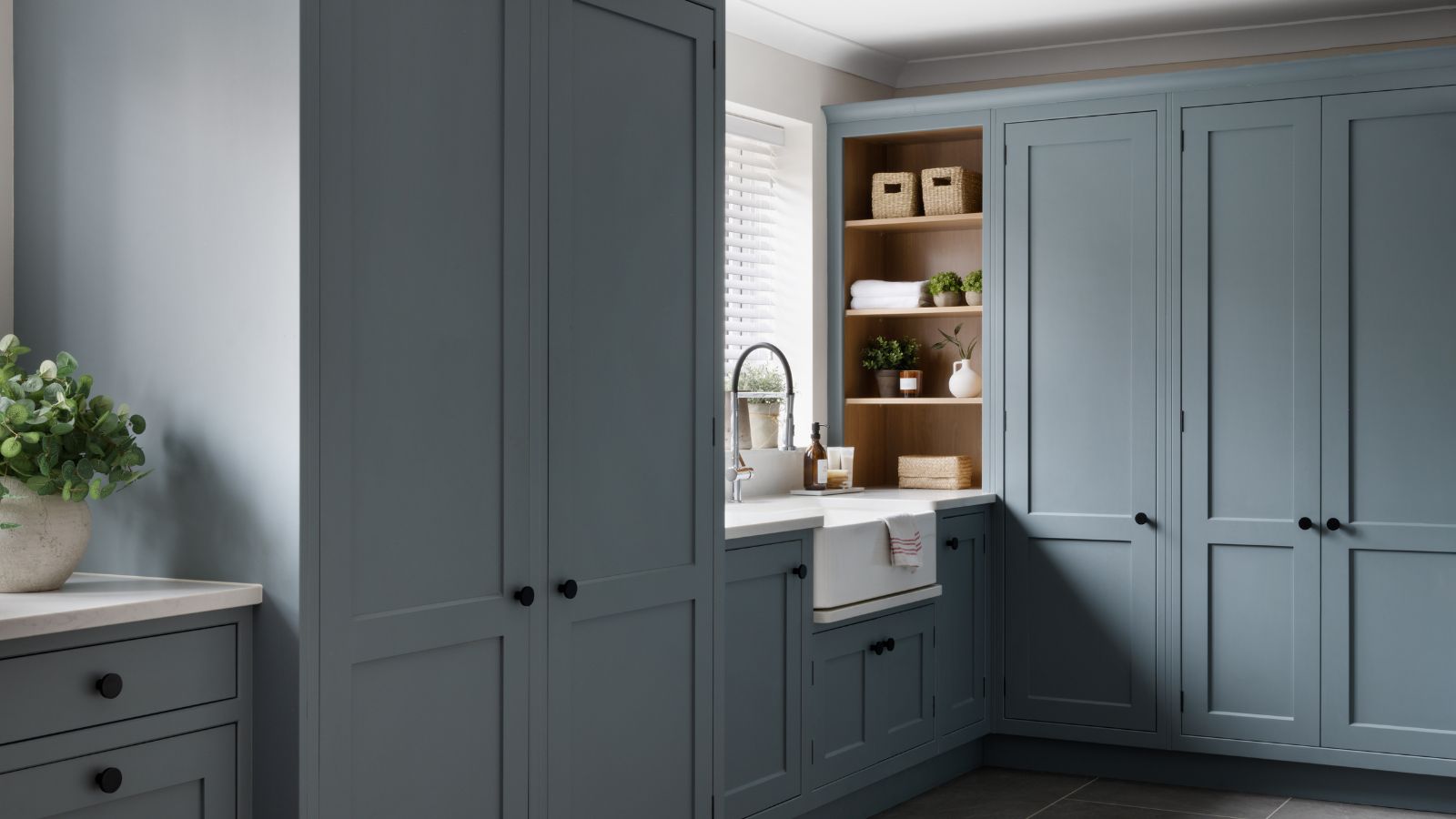 ‘Completion days’ are the answer to laundry doom piles, pro organizer claims – here’s how this hack can instantly stop fresh laundry from piling up once and for all
‘Completion days’ are the answer to laundry doom piles, pro organizer claims – here’s how this hack can instantly stop fresh laundry from piling up once and for allStay on top of your laundry with the 'Completion days' method
By Chiana Dickson
-
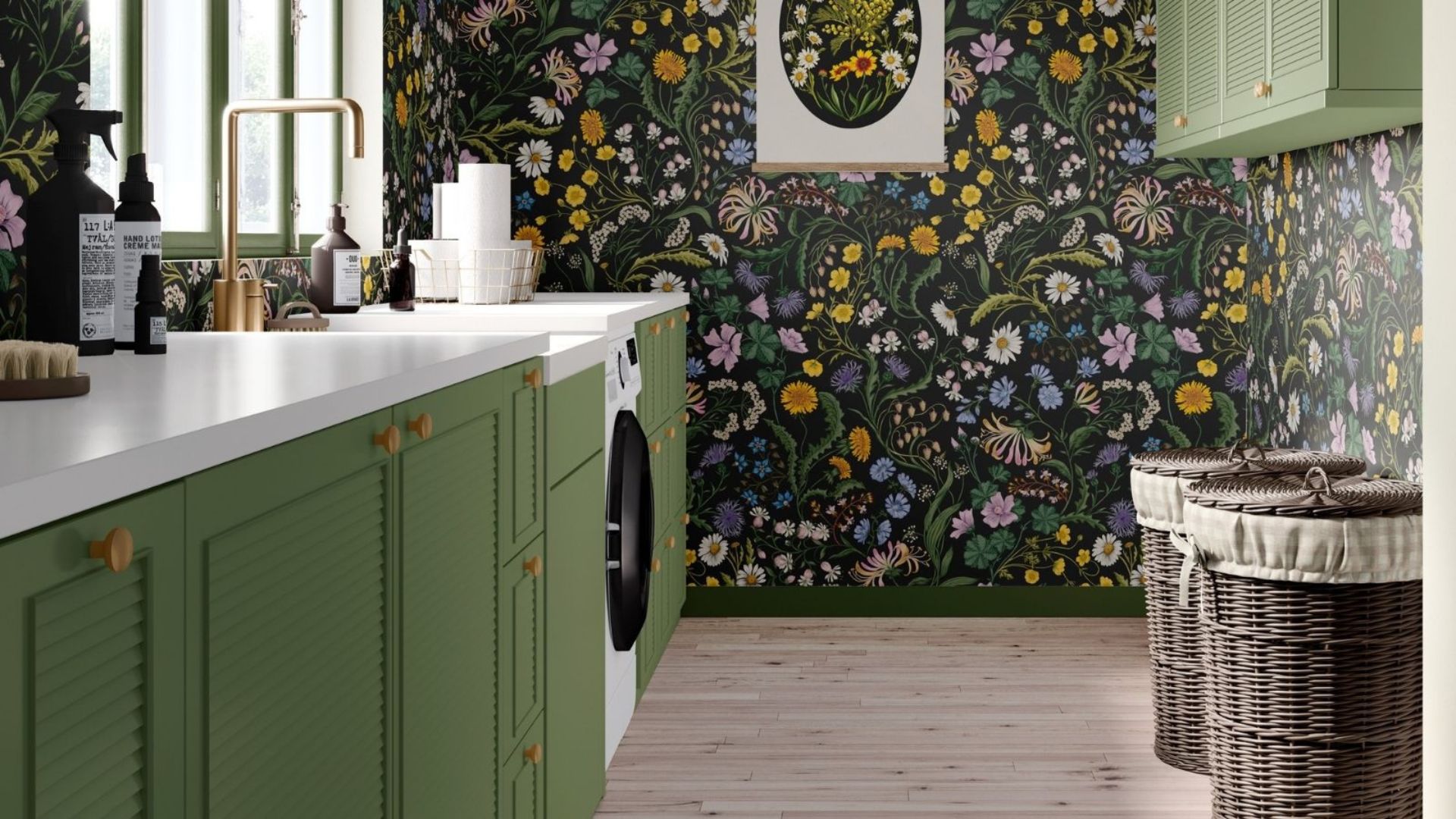 This laundry heap hack will do away with doom piles – here’s how to use it to prevent mess and speed up laundry
This laundry heap hack will do away with doom piles – here’s how to use it to prevent mess and speed up laundryThis method can help you put away your clothes in minutes
By Chiana Dickson
-
 7 questions to ask yourself before moving house – realtors promise answering these questions will prevent buyer's regret
7 questions to ask yourself before moving house – realtors promise answering these questions will prevent buyer's regretDon’t make your move harder, ask these questions before moving to avoid mistakes
By Chiana Dickson
-
 ‘It leads to more headaches than it's worth’ – 4 reasons you should never store things in your oven, including fire risks and serious illness
‘It leads to more headaches than it's worth’ – 4 reasons you should never store things in your oven, including fire risks and serious illnessYour oven is for cooking, and cooking only, experts urge
By Chiana Dickson
-
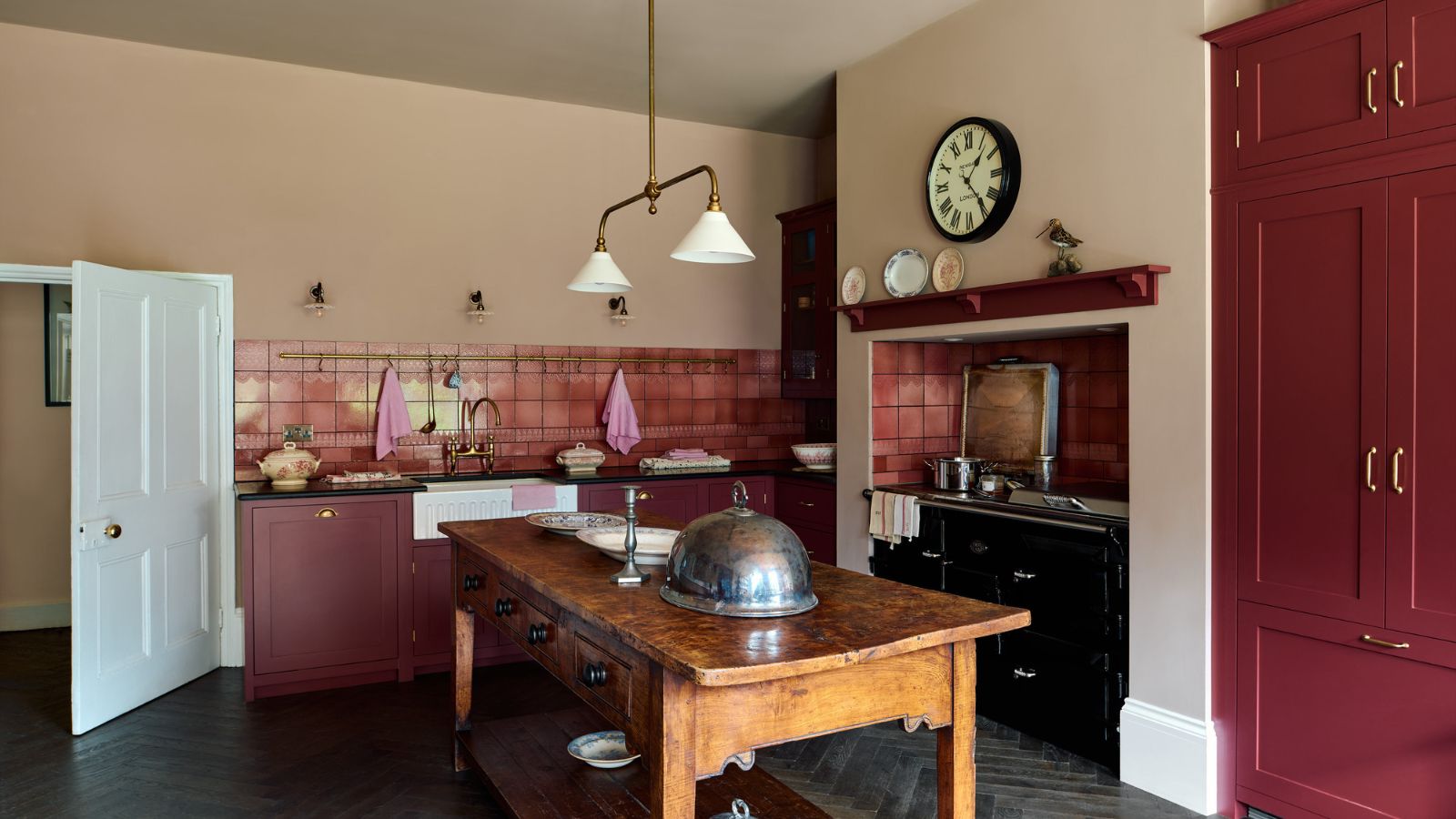 It’s a concept straight out of a fashionista's playbook, but I used the Sandwich Method to organize my kitchen shelves – it’s never looked sleeker
It’s a concept straight out of a fashionista's playbook, but I used the Sandwich Method to organize my kitchen shelves – it’s never looked sleekerIt transformed messy to mesmerizing in a matter of seconds
By Punteha van Terheyden
-
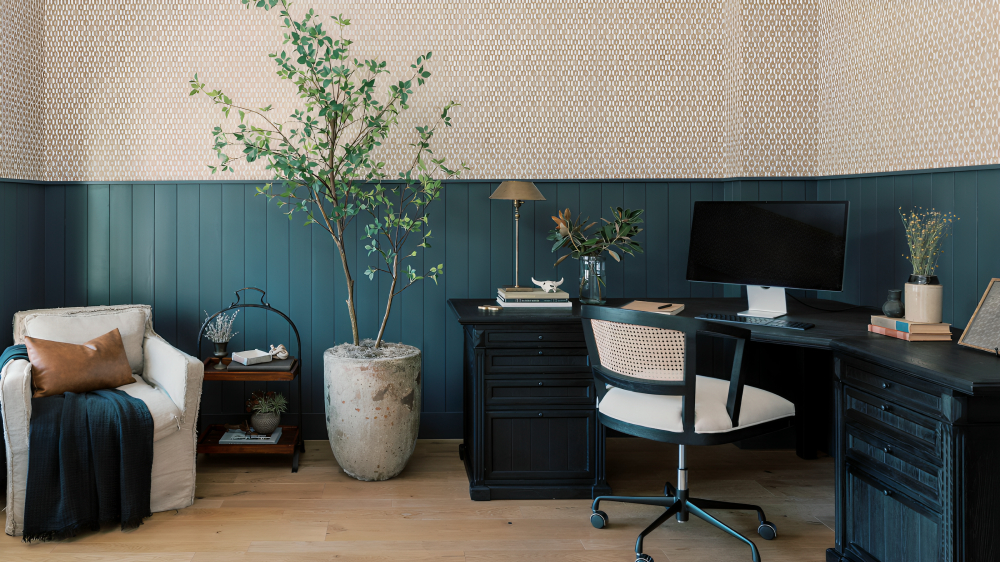 The value-based decluttering method changed my attitude toward the task – and turbocharged functionality in my small home
The value-based decluttering method changed my attitude toward the task – and turbocharged functionality in my small homeIt's proven to be transformative for my home over the last six months
By Chiana Dickson
-
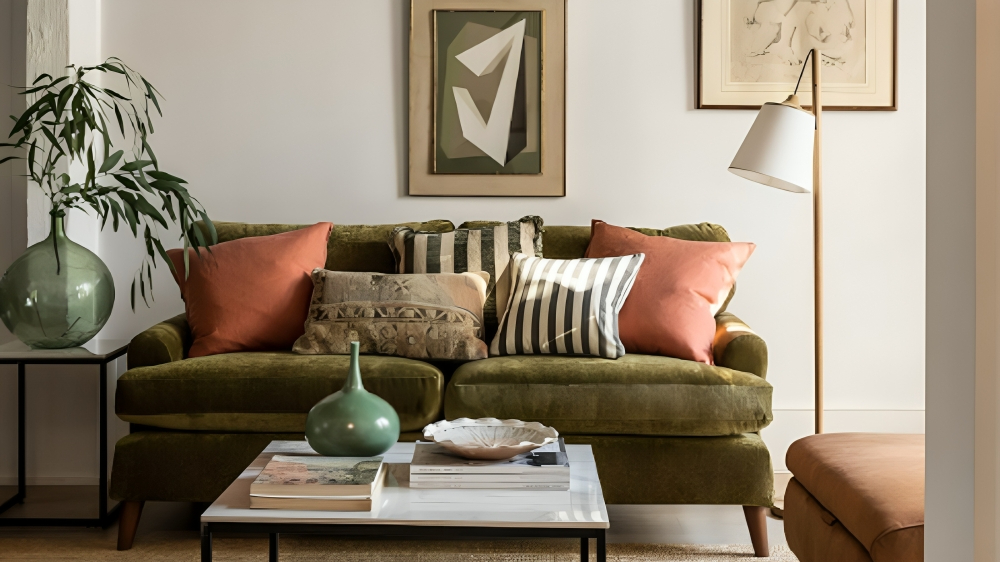 5 low-energy and useful tasks to try instead of doom-scrolling – this brain hack will break bad habits
5 low-energy and useful tasks to try instead of doom-scrolling – this brain hack will break bad habitsExperts urge you to try it for your wellbeing
By Chiana Dickson
-
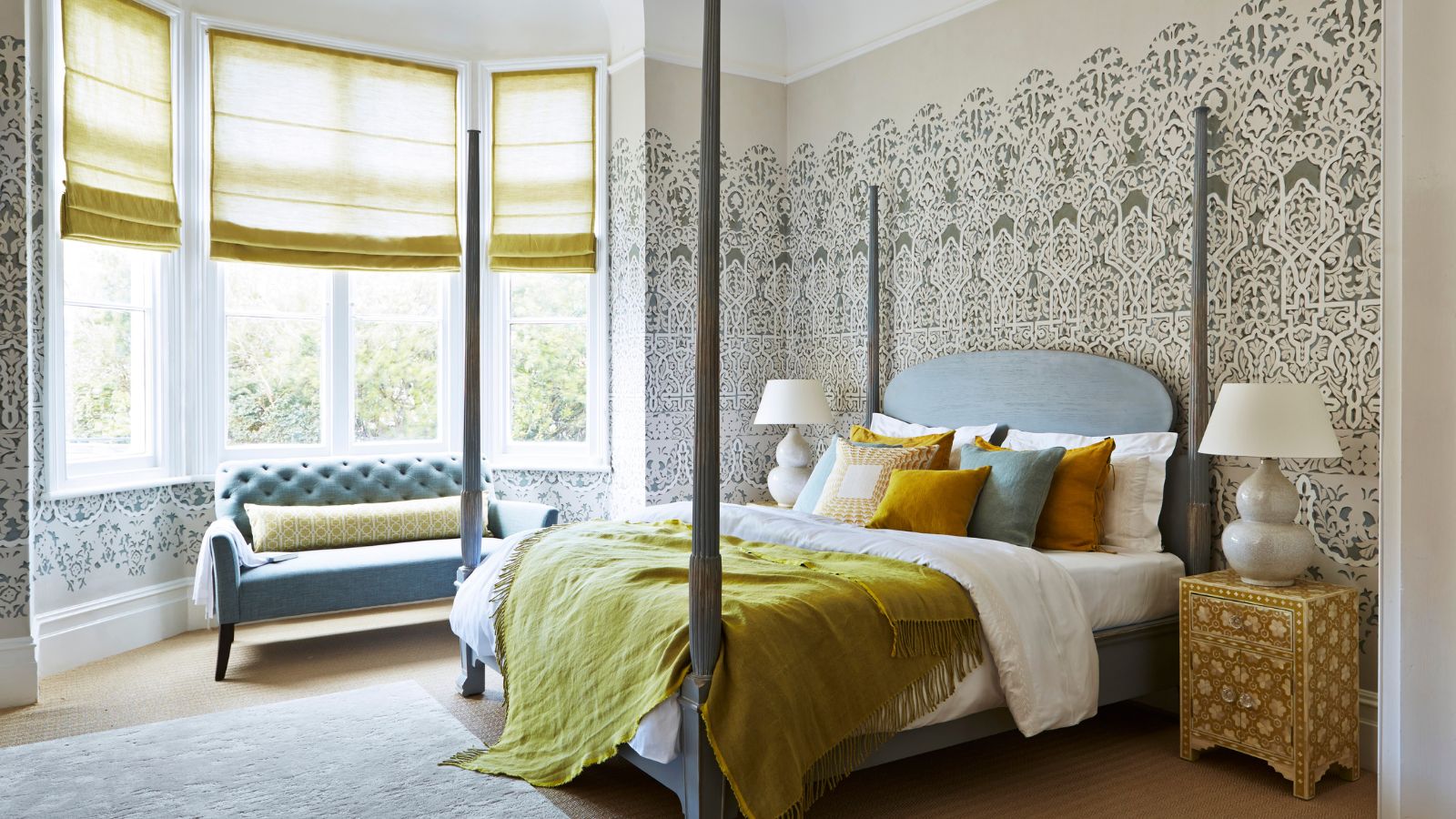 How to store a comforter or duvet properly over the warmer months – pros say 'breathable is the buzzword'
How to store a comforter or duvet properly over the warmer months – pros say 'breathable is the buzzword'Clean, air out, fold and roll your way to a fresh and fluffy duvet
By Ottilie Blackhall